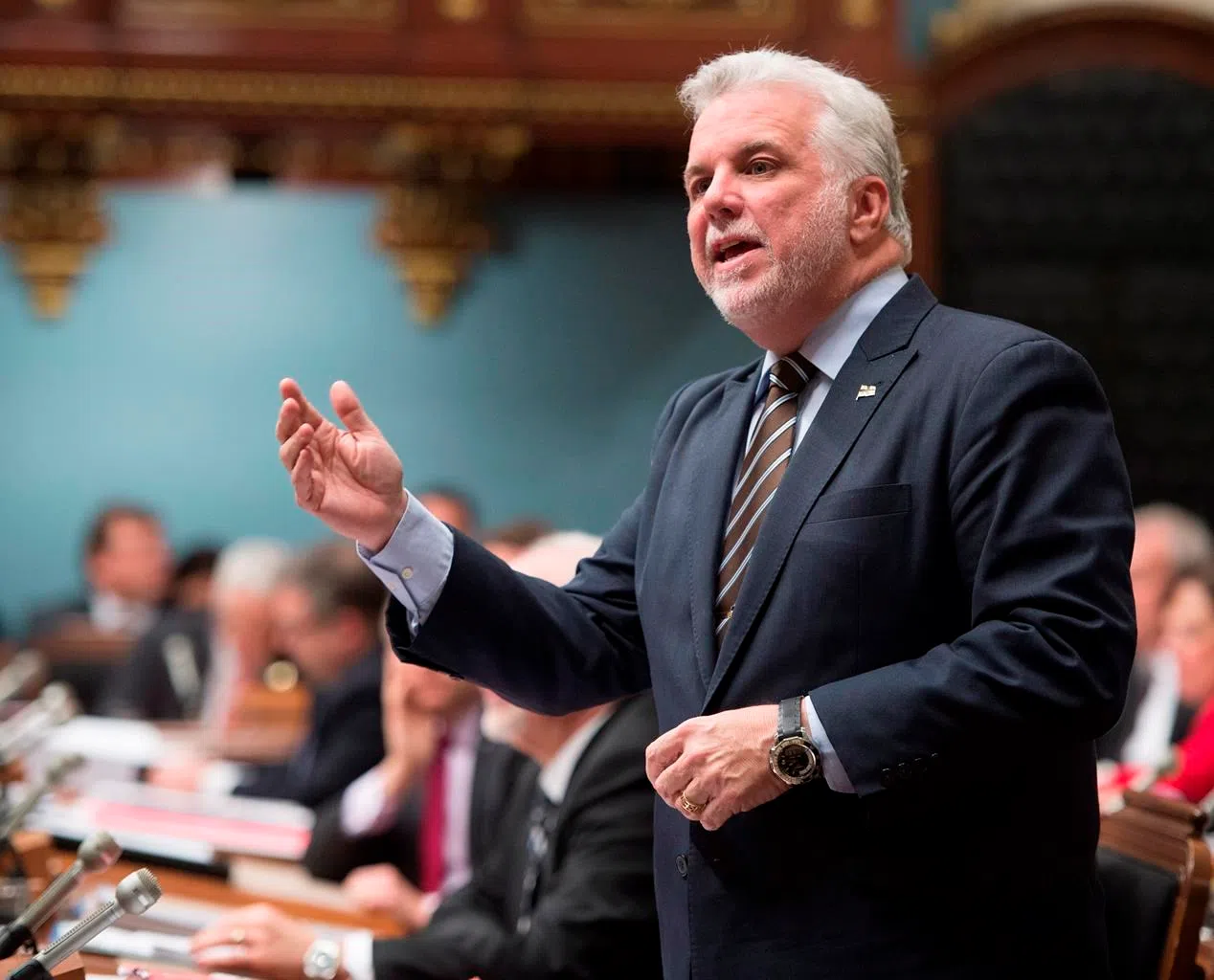
Couillard blasts article in Maclean’s that calls Quebec ‘pathologically alienated’
MONTREAL — An article in Maclean’s that described Quebec as a “pathologically alienated and low-trust society” with a glaring absence of solidarity burst into the political sphere Tuesday, with politicians of all stripes denouncing it.
The piece by academic Andrew Potter states the events surrounding the recent massive snowstorm that saw 300 cars stranded overnight on a major Montreal highway reveal a malaise that is “eating away at the foundations of Quebec society.”
“Compared to the rest of the country, Quebec is an almost pathologically alienated and low-trust society, deficient in many of the most basic forms of social capital that other Canadians take for granted,” wrote Potter, director of the McGill Institute for the Study of Canada.
He said that clashes with the generally held belief that Quebec is a more communitarian place than the rest of Canada and is more committed to the common good and the pursuit of collectivist goals.
